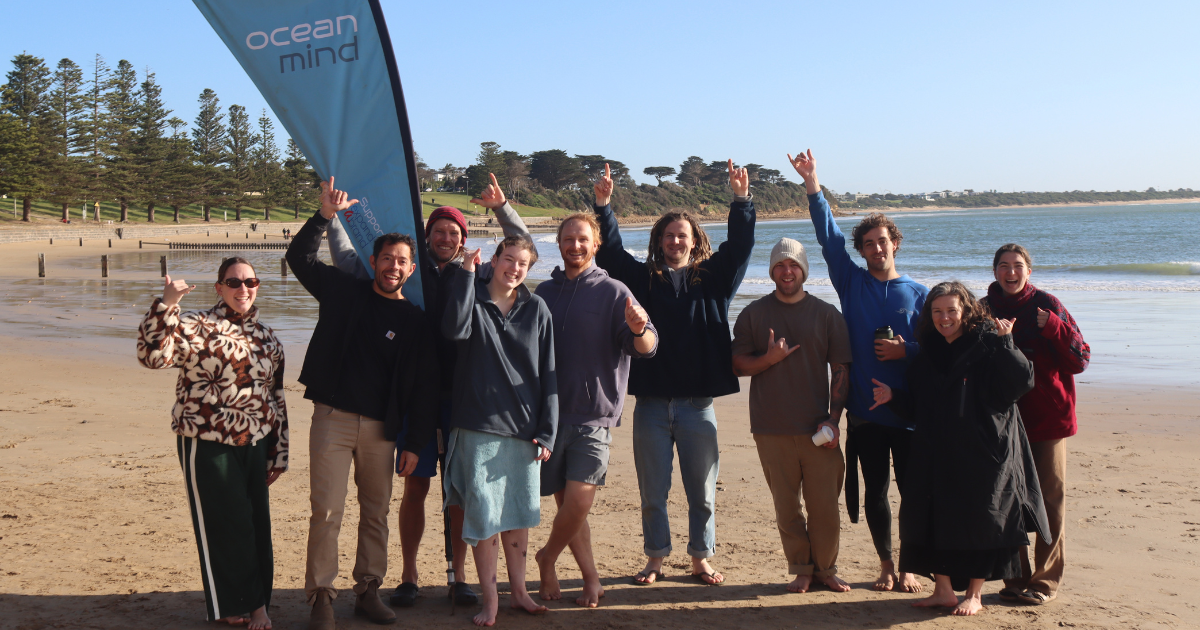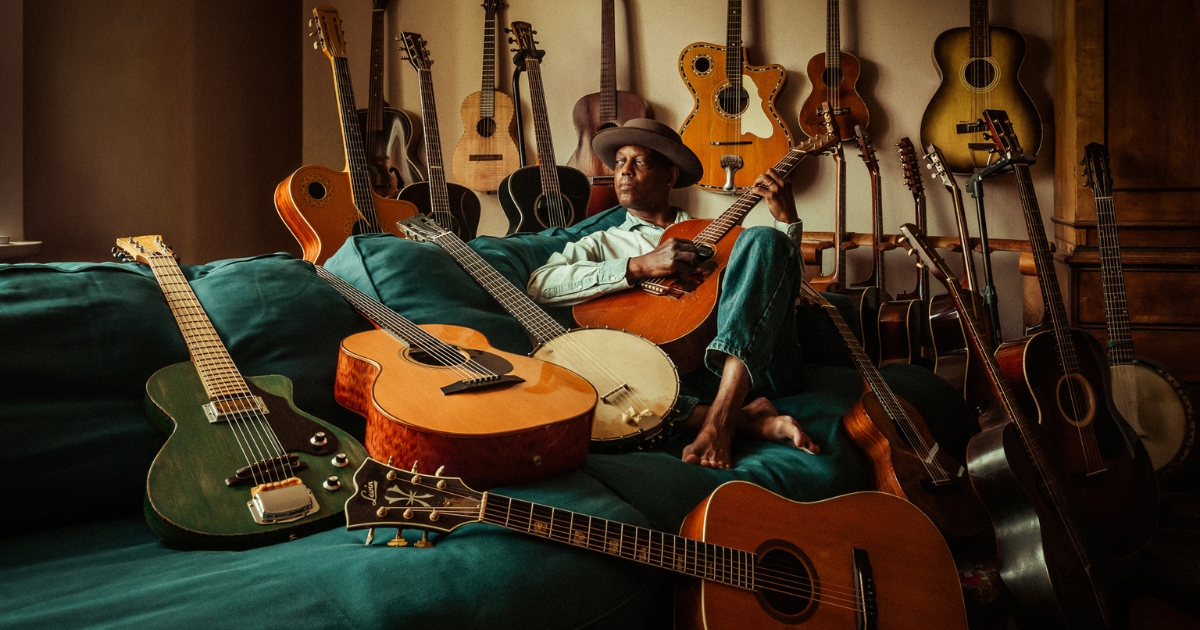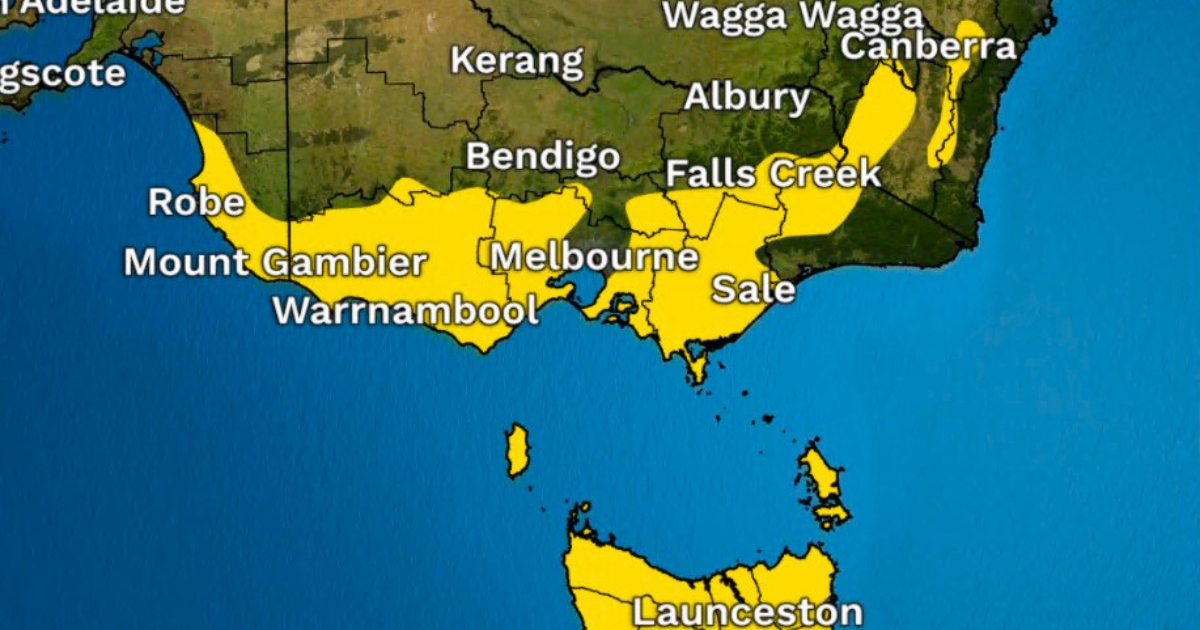WILD encourages support for women candidates
THIS year marks the centenary of Victoria’s first female councillor, and Women in Local Democracy (WILD) is asking voters to preference women candidates high on their council ballot papers.
WILD has congratulated women candidates for standing during the coronavirus pandemic, and encouraged electors in the Geelong region to vote for women to progress equality and local democracy.
There is a state-wide campaign to have equal representation of men and women in local government (including mayors) in Victoria, and the state government’s Gender Equality Act, passed this year, aims to achieve this target by 2025.
Locally, the Borough of Queenscliffe is tracking in the right direction, with six of the 11 candidates (53 per cent) being women.
The Surf Coast Shire is not far behind, with 10 women (47 per cent) among the 21 candidates.
The City of Greater Geelong has some work to do, however, with only 11 women (28 per cent) represented in the 39-strong field.
WILD convenor Jenny Wills said community outcomes would benefit from the different, but equally valid, perspectives, skills and work and life experiences of women councillors.
“Communities will advance when equality and diversity is reflected on today’s multi-functional councils where decisions in areas such as integrated planning; health and wellbeing; climate, environmental and sustainability issues; child, youth and aged services; arts and culture, including libraries; and sporting and recreational facilities and activities, impact on everyone’s quality of life.”
Mary Rogers was elected to Richmond Council in November, 1920 – six years after women gained the right to nominate.
Following incremental gains over the past 100 years, women now represent 38 per cent of Victoria’s councillors and 39 per cent of nominations for the October council elections.
WILD says while progress in gender equality has been slow, it can be achieved, as evidenced by the 50/50 ratio in today’s federal Senate.
Formed in 2010, WILD is guided by the three principles of the Victorian Local Government Women’s Charter – gender equity, diversity, and active citizenship.


















